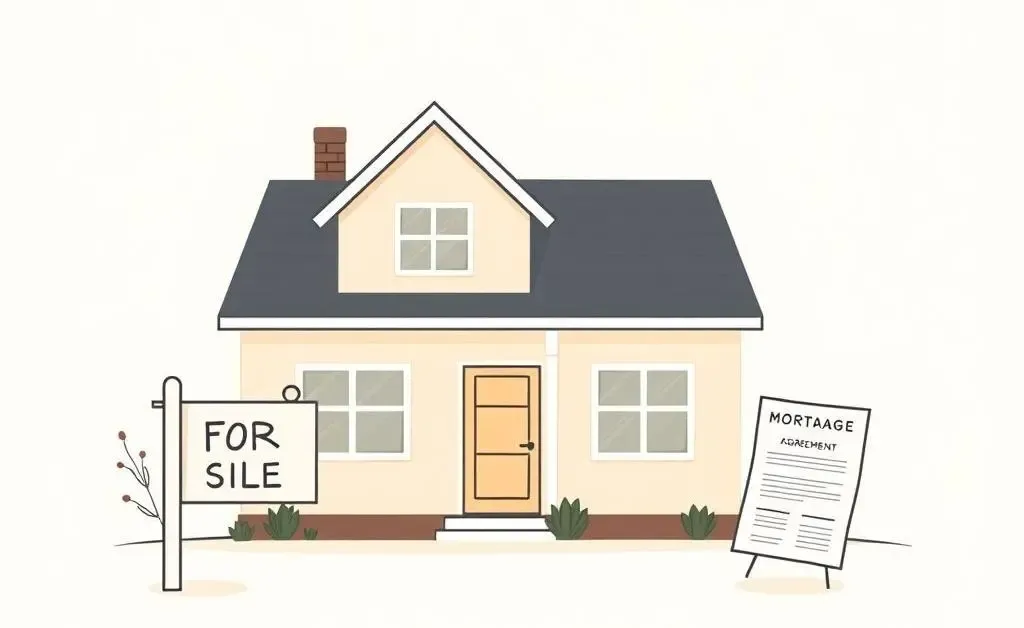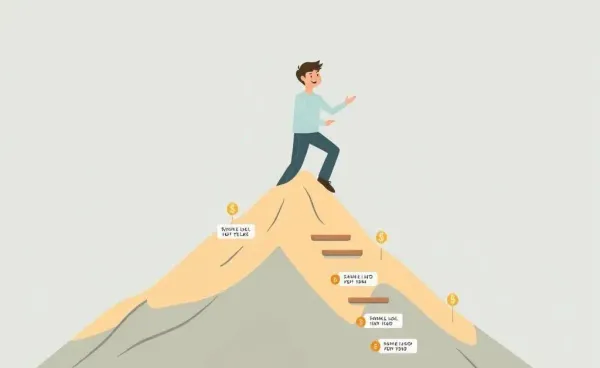Selling Your Home Without Paying Off the Mortgage: What You Need to Know
Explore risks and insights about selling your home without fully repaying the mortgage.

Have you ever wondered about selling your home without fully paying off the mortgage? It might sound risky or confusing, but it’s actually more common than you’d think. Let’s dive into why you might consider this move and what you should watch out for.
Is Selling Your Home Without Repaying the Mortgage Possible?
Yes, you can sell your home even if the mortgage isn't fully paid. It’s called a “subject to” sale because it’s subject to the existing mortgage.
Here’s how it works: the buyer agrees to take over your mortgage payments instead of getting a separate loan. Why do this? Perhaps the existing loan has a great interest rate or transferring the mortgage is simply easier.

Potential Risks and How to Mitigate Them
Of course, with any great idea comes some potential pitfalls. Let’s take a look at what you should be aware of:
- Lender's due-on-sale clause: Some mortgages have this clause allowing the lender to demand full repayment upon sale.
- Buyer default risk: If the buyer fails to make payments, your credit could take a hit.
- Title transfer complications: Ensuring a seamless transfer can be tricky.
Imagine this: Sarah decided to sell her cozy two-bedroom condo because she found a dream job in another city. She was thrilled until she realized she couldn’t pay off her mortgage entirely without dipping into her savings. After some research, Sarah found a willing buyer who could take over her existing payments. She avoided the due-on-sale clause by ensuring her buyer was reputable and set up monthly checks. All went smoothly, and now she’s sipping coffee in her new apartment with peace of mind.

Steps to Take Before Proceeding
Considering this route? Here’s what you should do next:
- Review your mortgage contract for a due-on-sale clause.
- Engage a real estate agent to assist you in finding a reliable buyer.
- Consult a real estate attorney to guide the legal proceedings.
- Negotiate terms clearly with the buyer, including responsibility for insurance, taxes, and repairs.

Conclusion
Selling your home without completely paying off the mortgage can be a practical solution for some. Although it involves certain risks, being well-informed and prepared can allow for a smooth transition. Would you consider this option if you found yourself in a similar situation? Share your thoughts or experiences in the comments below.




